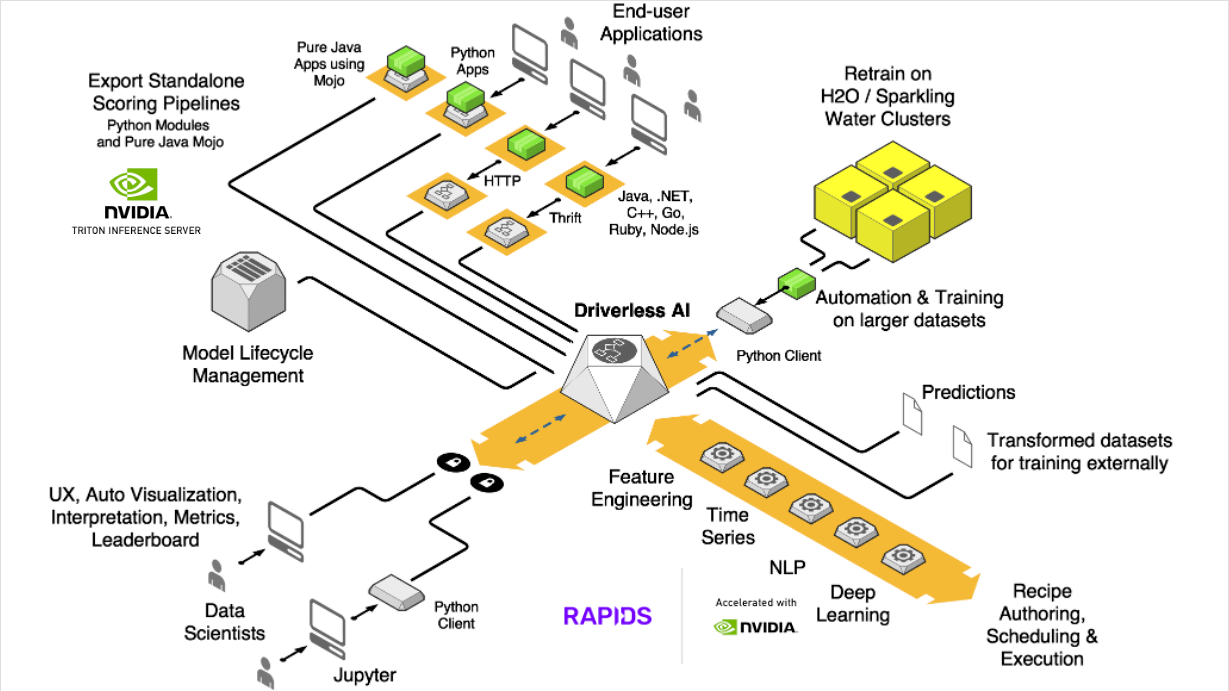Trump Bans Nvidia's H20 Chip Exports to China: Company Faces $5.5 Billion Hit

In a move set to send shockwaves through the global tech industry, former U.S. President Donald Trump has enforced a new export ban, prohibiting Nvidia from selling its latest AI chip, the H20, to China, including Hong Kong and Macao. The measure targets one of Nvidia's key products developed specifically to navigate previous U.S. restrictions.
Immediate Financial Impact
Nvidia disclosed to the U.S. Securities and Exchange Commission (SEC) that it expects to incur a first-quarter charge of $5.5 billion (approximately €4.9 billion) as a direct result of the ban.
Following the announcement, Nvidia's stock plummeted by over 7% in after-hours trading, wiping out more than $150 billion in market value.
“We expect that the first-quarter results will include up to approximately $5.5 billion in charges related to H20 products, inventory, purchase commitments, and related reserves,” Nvidia informed the SEC.
Export Ban Details
On April 9, Nvidia received formal notification from the U.S. government that the H20 chip—a less powerful model designed to circumvent earlier sanctions—was now also subject to an indefinite export restriction. The ban applies to any chip of equivalent computing power and affects:
- Mainland China
- Hong Kong
- Macao
Entities based in or owned by Chinese firms
The U.S. justified the move by citing risks that these chips could be used in Chinese supercomputers or diverted to such uses.

Architecture of Driverless AI by H2O.ai and NVIDIA
In a separate announcement, Nvidia revealed that it will invest approximately €440 billion (≈ $470 billion USD) in developing AI supercomputers entirely within the United States, signaling a sharp pivot in supply chain and R&D strategy.
Amid the turmoil, Nvidia also announced a surprising joint venture with Disney and Google: an autonomous robotics platform designed for advanced training and real-world mobility. Though seemingly unrelated, the collaboration could potentially offset future losses through diversified innovation.



